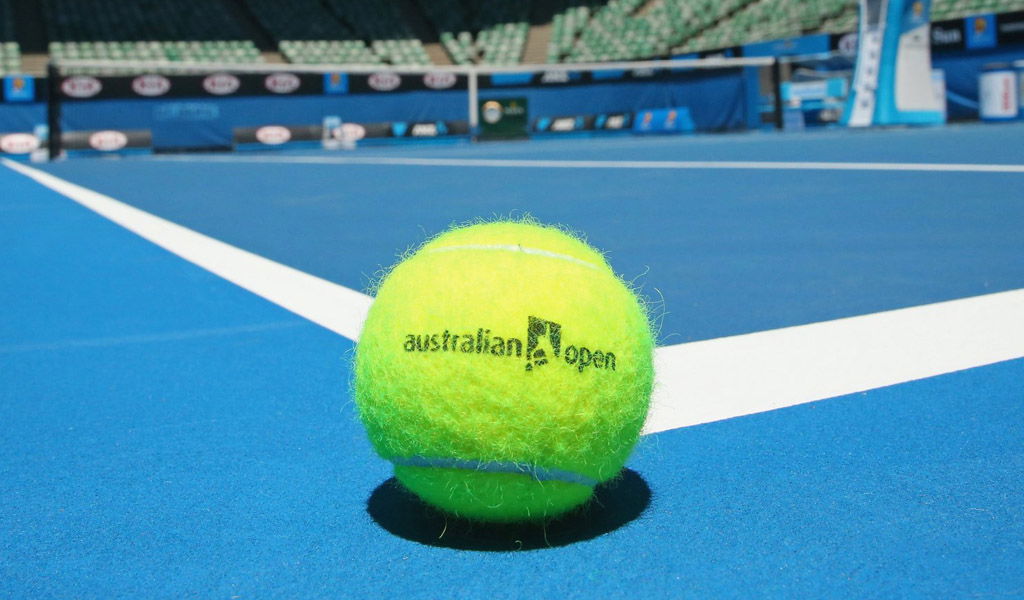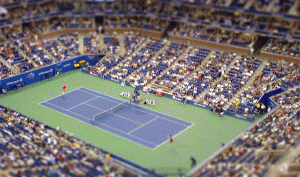

Watch What’s Trending Now!

Tennis is a game that requires a lot of physical effort, as we all know. It requires endurance, reflexes, physical prowess, and leg power – but there’s definitely more to it than just this. In fact, there is such a thing as ‘tennis psychology’ and it’s not something that was just made up by psychologists or tennis aficionados: it’s as real as it gets. When it comes to winning, or other stressful or competitive situations, psychology plays a big role, whether it’s the psychology behind winning casino games and earning online casino real money USA gambling pros use, the psychology of dealing with difficult colleagues, or marketing a successful product, among others; there is a special psychology related to playing tennis – and winning. Here’s the psychology behind tennis – and how the best players win.
Controlling thoughts
A player who goes on court with negative emotions will undoubtedly have their game affected. If a player has negative feelings, it will affect their body’s ability to play – they will not only feel tension, which can restrict their movements, but their judgment can become affected as well. When a player is aware of their emotions, they can direct their thoughts into a more constructive way of thinking. Great tennis players are aware of their thoughts and can harness these thoughts and control them.
Finding the right body and mind balance
When players walk onto the court, they might be excited, or not. If a player’s level of excitement is too high, or too low, it can affect their mental capacity and physical ability. A player can feel too much tension in their muscles, and they can make decisions that are not strategically intelligent. A player who can find the right body and mind balance will be in their ‘ideal state’ – and they can then play to the best of their ability.
Knowing what to control – and what to let go of
Players can become upset because of different factors which are outside their control, and this can also affect their game. Some factors, such as crowd noise, wind conditions, court conditions, and even their opponent’s popularity can affect their play. But professional tennis players have learned to focus on what’s important and what they can control, such as the way they play and their attitude – and they have also learned not to waste their time and energy on factors that are beyond their control.
Developing confidence in themselves
Good tennis players have learned to be confident. A lack of confidence can lead to hesitation in decision-making, and it can also lead to players not taking enough risks. If a player doubts himself or herself, it would be easy to make tiny mistakes – which can eventually lead to a loss. Professional players have learned to be confident, and can play their best even when faced with a big challenge.

